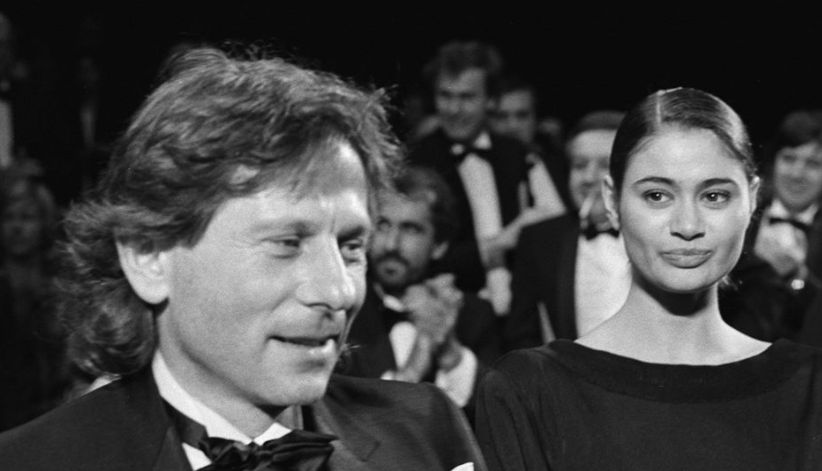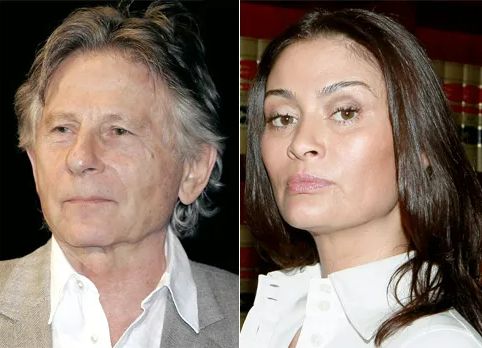Roman Polanski, the acclaimed yet controversial filmmaker, has been a central figure in numerous legal battles and public controversies throughout his career. Recently, he has been cleared of defamation charges by a French court, a significant legal victory amidst his tumultuous history. This case has garnered widespread attention, given Polanski’s high profile and the broader discussions around his past. This article explores the details of the defamation case, the legal arguments presented, and the implications of the court’s ruling.

The Defamation Case: An Overview
The defamation lawsuit against Roman Polanski was initiated by actress Charlotte Lewis, who accused him of making defamatory statements about her. Lewis claimed that Polanski had damaged her reputation by disputing her allegations of sexual misconduct against him. In 2010, Lewis alleged that Polanski had sexually assaulted her when she was 16 years old during the filming of “Pirates” in 1983. Polanski denied these accusations, leading to a public exchange that resulted in the defamation suit.
The case hinged on whether Polanski’s denials and counterstatements constituted defamation under French law. In defamation cases, the plaintiff must prove that the defendant’s statements were false, harmful to their reputation, and made with a malicious intent or reckless disregard for the truth. Polanski’s legal team argued that his statements were a defense against unfounded allegations and did not meet the threshold for defamation.
Legal Proceedings and Arguments
Throughout the trial, both parties presented extensive evidence and witness testimonies. Lewis’s legal team argued that Polanski’s public denials and counterclaims were intended to discredit her and undermine her credibility. They contended that his statements were not only false but also harmful to her reputation and career.
Polanski’s defense, on the other hand, focused on the context of his statements. They argued that his remarks were a legitimate response to allegations he believed to be untrue. Polanski’s lawyers emphasized that his denials were made in self-defense and within the scope of his right to protect his reputation. They also highlighted the lack of concrete evidence supporting Lewis’s claims and questioned her motives for coming forward years after the alleged incident.
The court had to carefully weigh the evidence presented by both sides, considering the broader context of freedom of expression and the right to defend oneself against accusations.

The Court’s Decision
The French court ultimately ruled in favour of Roman Polanski, clearing him of the defamation charges. The court concluded that Polanski’s statements did not meet the legal criteria for defamation. In its decision, the court acknowledged the complex nature of the case and the delicate balance between protecting an individual’s reputation and safeguarding freedom of expression.
The ruling highlighted several key points:
- Legitimacy of Self-Defense: The court recognized Polanski’s right to defend himself against serious allegations, noting that his statements were made in response to accusations he believed to be false.
- Lack of Malicious Intent: The court found no evidence of malicious intent or reckless disregard for the truth in Polanski’s statements. Instead, it concluded that his remarks were part of a broader effort to protect his reputation.
- Insufficient Proof of Harm: The court determined that Lewis had not provided sufficient evidence to demonstrate that Polanski’s statements caused significant harm to her reputation or career.

Implications of the Ruling
The court’s decision to clear Roman Polanski of defamation has several important implications:
- Reaffirmation of Legal Principles: The ruling reaffirms key legal principles surrounding defamation, including the importance of intent, the right to self-defense, and the burden of proof on the plaintiff. It underscores the need for clear evidence when alleging defamation, particularly in cases involving public figures.
- Impact on Public Perception: While the legal victory is significant for Polanski, it may not substantially alter public perception. Polanski’s career has been marred by longstanding controversies, including his 1977 conviction for unlawful sexual intercourse with a minor. Public opinion remains divided, and the defamation ruling is unlikely to sway those who view him unfavorably.
- Broader Legal and Cultural Context: The case highlights the ongoing tensions between freedom of expression and the protection of personal reputation. In an era where public figures are frequently the subject of allegations and counterclaims, the ruling provides a framework for understanding how courts may navigate these complex issues.
Reaction from the Parties Involved
Following the court’s decision, both Roman Polanski and Charlotte Lewis issued statements. Polanski expressed relief at the ruling, reiterating his stance that the allegations against him were false and that he had a right to defend his reputation. He thanked his legal team and supporters for their efforts and maintained his innocence regarding the original allegations made by Lewis.
Lewis, on the other hand, expressed disappointment with the verdict. In her statement, she reaffirmed her belief in the validity of her claims and criticized the court’s decision. Lewis emphasized the importance of supporting survivors of sexual assault and hinted at the possibility of appealing the ruling.
Public and Media Reaction
The media reaction to the court’s decision has been mixed, reflecting the polarized views on Polanski’s legacy. Some commentators have framed the ruling as a vindication of Polanski’s right to defend himself against what he considers to be false accusations. Others have criticized the decision, arguing that it perpetuates a culture where powerful men can escape accountability.
Public opinion, as expected, remains divided. Polanski’s supporters view the ruling as a just outcome that protects freedom of expression and the right to self-defense. Critics, however, see it as another instance of the legal system failing to adequately address the concerns of those alleging misconduct, particularly against powerful figures in the entertainment industry.

Broader Implications for the #MeToo Movement
The court’s decision also resonates within the broader context of the #MeToo movement, which has brought attention to the prevalence of sexual misconduct in various industries. The movement has empowered many individuals to come forward with their stories, challenging longstanding power dynamics and demanding accountability.
While the defamation ruling may be seen as a setback for some #MeToo advocates, it also underscores the importance of due process and the need for thorough investigation and evidence in legal proceedings. The case highlights the complexities involved in balancing the rights of the accused with the need to support and believe survivors of sexual assault.
Conclusion
Roman Polanski’s clearance of defamation charges by a French court marks a significant legal milestone in his controversial career. The ruling underscores critical legal principles surrounding defamation, freedom of expression, and the right to self-defense. While the decision is a victory for Polanski, it is unlikely to change the deeply polarized public perception of him.
The case also serves as a reminder of the complex interplay between legal outcomes and public opinion, particularly in the context of the #MeToo movement. As society continues to grapple with issues of accountability and justice, the ruling provides valuable insights into how courts may navigate these contentious and sensitive matters.
Ultimately, the implications of this case extend beyond the individuals involved, contributing to the ongoing discourse on defamation, freedom of expression, and the rights of those accused and those making accusations.























